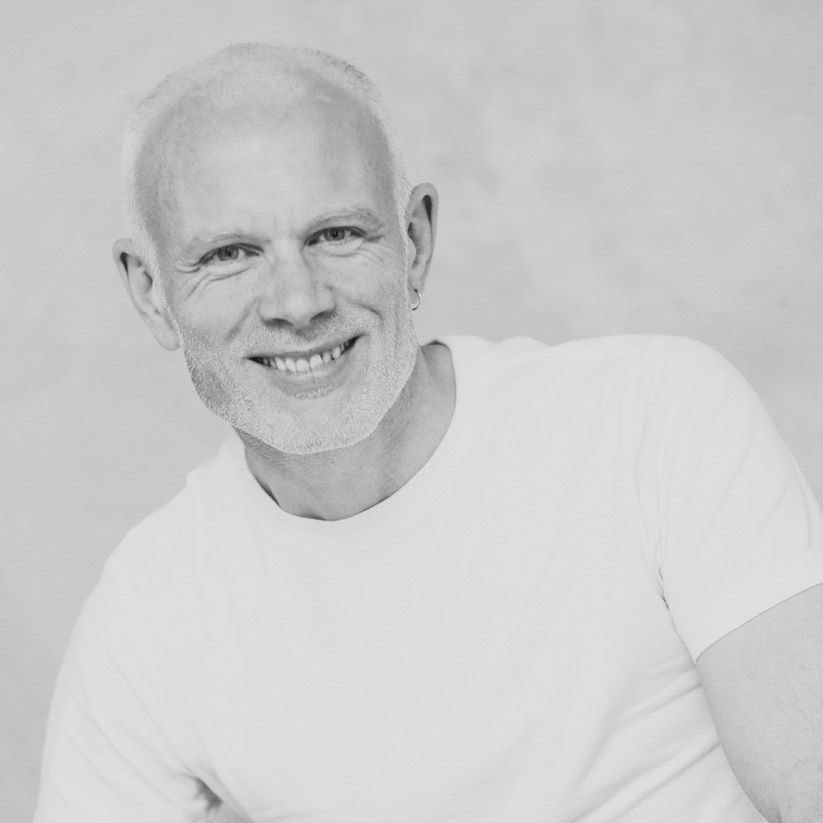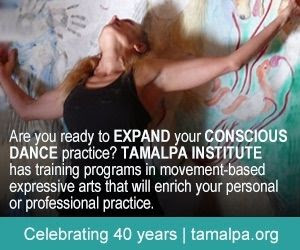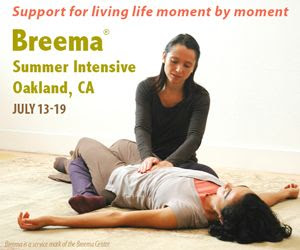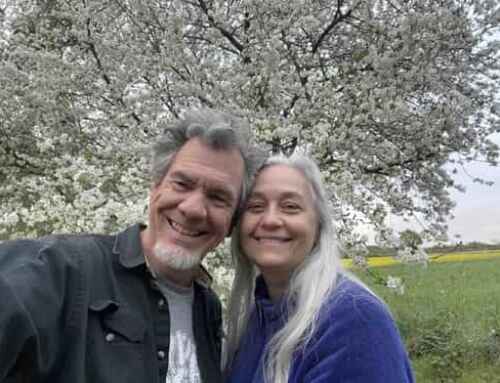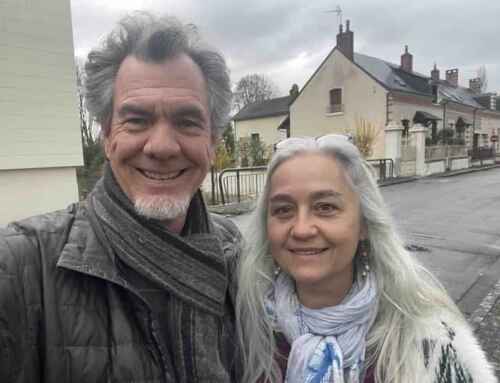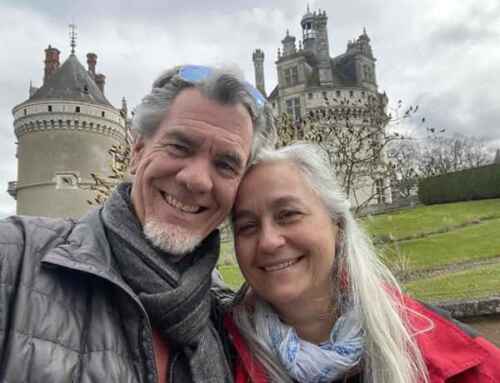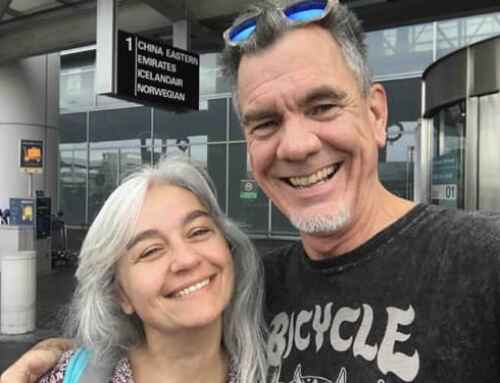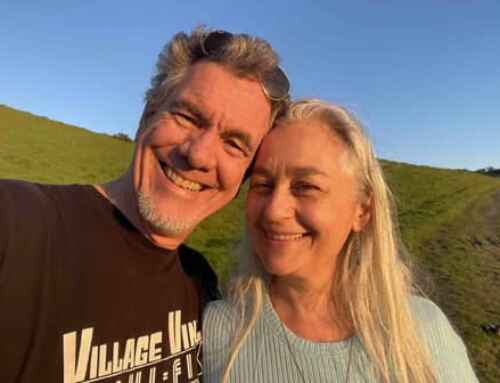
“Practice puts brains in your muscles”
~ Sam Snead
How do you know when you’re good at something? Where is that point when you can finally feel like a pro? What is mastery of a technique or habit mean anyway?
We all go through life learning, and most of us know the value of keeping it up as long as we’re able. Our brains and consciousness are like sponges for new ideas and information, and maintaining the mental agility to keep tackling new topics is one of the famous fountains of youth.
We’ve all heard the platitude “Practice makes perfect” or the old saw about how it takes 10,000 hours to become an expert at something. All too often sayings like this are what holds us back from trying something new in the first place. If it’s going to take such a long time and so much effort, why bother in the first place?
So many activities look easy in the hands of an expert, yet prove devilishly difficult when you’re a newbie just starting out. Watch a professional vinyl DJ behind the turntables acting cool, calm, and collected while seamlessly matching the beats, and then try it yourself only to sound like tennis shoes in the dryer.
Professional athletes, touring musicians, performing dancers — all make their moves look easy, relaxed, and graceful. What remains unseen is the years of failure and hard work that went before. There was obviously an allure about the activity that drew them towards whatever path they chose in the first place, but it was the willingness to try and fail repeatedly and to be satisfied with incremental progress in the early days that made the difference. All pros have paid their dues.
You may have some long-neglected longing to take up an instrument, learn a sport, or master and artistic technique. The thing to remember to help encourage you along the way is that the process itself is good for you, regardless of how far along you are on the path. Your brain and body thrive on novelty and what science calls neuroplasticity is just a fancy way of saying that learning is fun.
Recently I was made aware of a four-stage model of learning as it relates to consciousness. For any given practice, technique, or activity, we go through four distinct levels of understanding and mastery. In psychology, the idea is known as the “Hierarchy of Competence.”
First, we start with “unconscious incompetence.” That’s when we don’t even know that we don’t know how to do something. We are unaware of how little we know. It’s at this stage that we become curious.
Then we move on to what is actually the most painful stage — “conscious incompetence.” That’s when we recognize our deficit and become aware of the value of learning the new skill or technique. Often the most daunting when we feel like it’s an insurmountable mountain ahead of us.
But if we chip away a bit at a time for long enough, we arrive at the third stage, “conscious competence.” This is when we more or less have the hang of something, but it still requires a lot of present-moment thought and focus to stay on top of it.
Finally, and only after we’ve ‘paid our dues’, we arrive at “unconscious competence.” This is when our chosen activity has become second nature, and we can practically do it with our eyes closed. We’re able to teach it to other people or compete with others at our level.
The mark of making it to the fourth level of ‘unconscious competence’ is that you are able to do something inherently difficult while remaining totally relaxed and making it look easy. At this stage you’re good enough to qualify as an expert, although what you might perceive as perfection is always on the horizon, protected by the law of diminishing returns.
For me, it was learning how to spin records that brought me through these stages. Back in the 90’s I first assumed that it must be easy. Then I tried my hand at the turntables and thought that the top DJs had some special inborn talent. Finally, I decided to just practice for at least 20 or 30 minutes a day and made it my discipline to make it a daily habit.
It’s one thing to get the hang of something in private with no pressure, it’s another to be performing in front of other people without a net. I’ll never forget the feeling of DJing at the Harbin Hot Springs Unconditional Dance and finally being able to relax into the flow of the music without overthinking my every move on the mixer.
Whatever it is you may be wanting to learn, just remember, even the pros had to start somewhere. It never hurts to challenge yourself a little bit at a time, and you’ll never know unless you try. Your brain and body will thank you for making a go of it!
Much love and happy practice till next week!
M+
Mark Metz
Director of the Dance First Association
Publisher of Conscious Dancer Magazine
Dance First Member Spotlight :: Adam Barley – Creator of ZeroOne!!
This week’s Dance First Members Spotlight shines on Adam Barley, the UK-based and globetrotting creator of ZeroOne. I recently had a chance to catch up with him in a Zoom chat while he was teaching a workshop in the Greek Islands of the Mediterranean.
As a well-known movement leader with a multi-decade background in the 5Rhythms, he is exploring a new path with a modality of his own making. I asked him where he’s at with his new project and what it’s like to be moving forward independently. “I have this kind of vast creative freedom, it’s like taking my blinkers off. My field of vision has expanded a lot. I’m more in a kind of listening mode. My response has been instinctively to slow down, and just don’t rush anything.”
We talked about the meaning behind ZeroOne and I was surprised to learn about his background. “ I used to be a mathematician. When I was in my teens, I learned about this mathematical equation that links together the four most fundamental numbers there are with zero. It’s like the jewel in the whole load of mathematics, that equation is like the root of the mathematical world. You put these four numbers together, and they fit like this cosmic jigsaw puzzle precisely equaling zero… Over time, my practice began to shift because that equation is like the heart of reality in mathematical terms. The world is numbers. The reality is that when you dig down far enough you get maths.”
He’s quick to reassure that anyone stepping into one of the movement containers he leads won’t be encountering some form of esoteric arithmetic. “ What I’ve done is create a movement practice based on the numbers when nobody has to understand the numbers. The numbers are literally the operating system of the movement practice. You just use the interface, it’s like you don’t need to know the operating system of your phone in order to make a call.”
What’s it like for a participant? “ We’ve got an interface with the movement practice that is about feelings and movements and perspectives and psychology and healing and spirituality. All the normal stuff of our conscious movement world that’s all there. And anyone walking into the room, that’s what they get is the normal nomenclature of conscious movement. It’s based on that mathematical equation, which I’m very excited about.”
I asked about the metaphor of the Zero and the One. “ I love the symbolism of the circle for zero, where what you’re actually talking about is not a circle, but the space in the middle. It’s a very simple, beautiful symbol, you’ve got the circle and a line. Circles and lines are like masculine and feminine, so it’s like a complex paradoxical symbolism in there. I just like the name, Zero-One.”
With a strong network of producers around the globe and a dedicated following Adam is already booked out a year and a half in advance. Inevitably the question of trainings came up. “ People are asking me about trainings of course, but again, I want to take it slow. It has moments where it’s just as wild and sweaty as anything I’ve ever done, but it goes deeper into subtlety… I want to spend spend at least a couple of years figuring out how to teach this before I train anyone else to do it. I really want them to be doing it well, because that will set the tone for the whole thing moving forwards. I want to leave something after I die.”
We wrapped up discussing what he’s most excited about at the moment. “ It’s a 10-day residential in Poland called Passages, coming up August 21st through 31st. We’ve got this very beautiful location for it on a lake, and we’re taking people in a sort of double helix journey through back through from the present back through adolescence, childhood, infancy, all the way to conception, and then back out again into adulthood so that we reemerge with vision and juice and power for life.”
Learn more about ZeroOne, join the mailing list, and save the dates on your calendar at www.inzero.one

